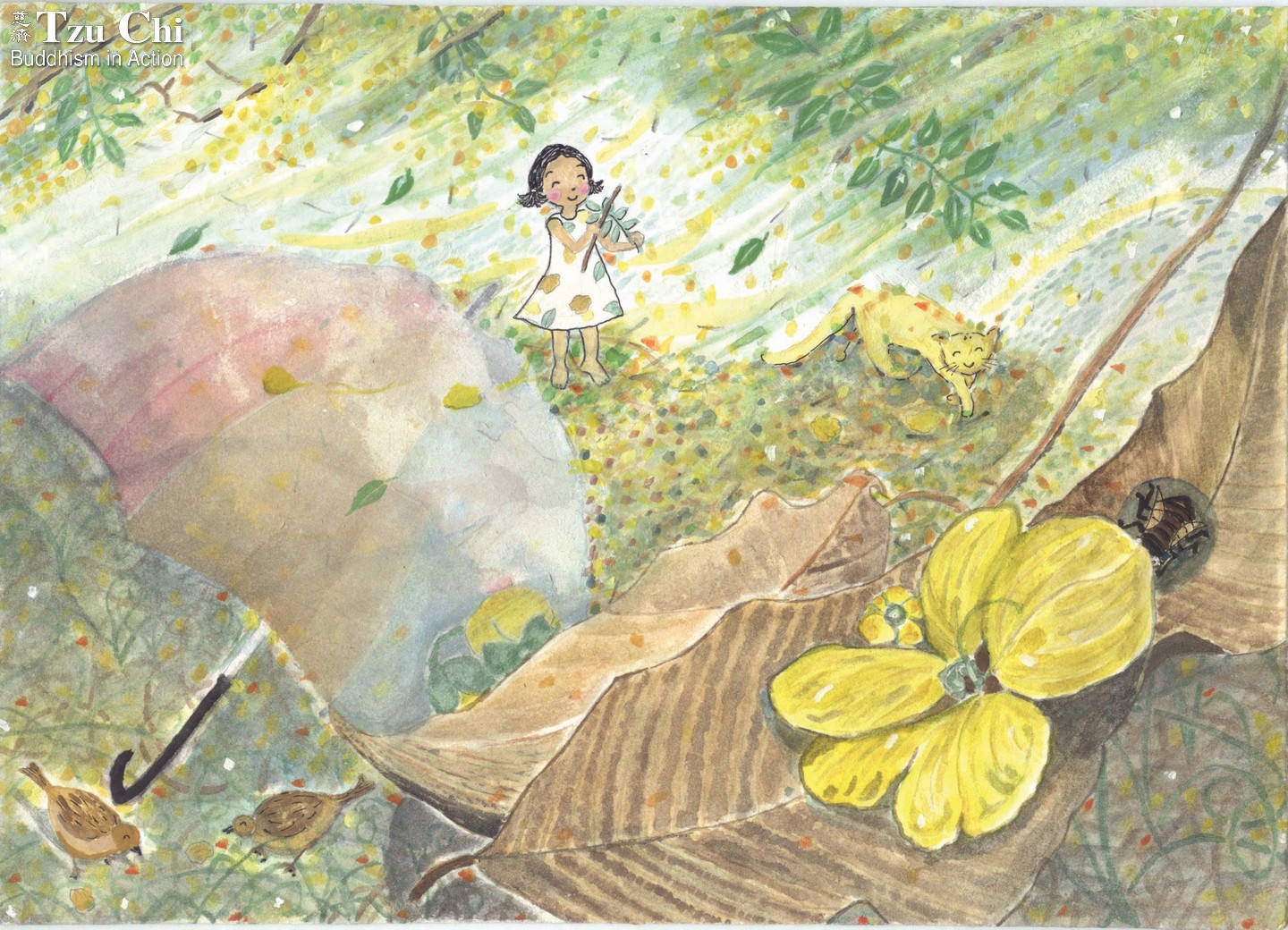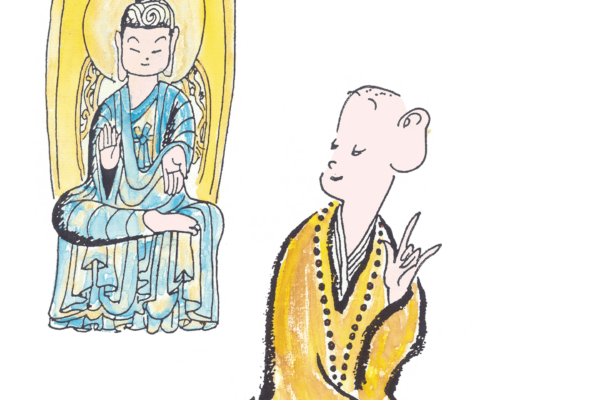By Cheah Lee Hwa
Translated by Rose Ting
Graphics by Su Fang-pei

It is said that three apples changed the world. One was the apple that Satan used to tempt Eve; the second was the apple that dropped on Isaac Newton’s head; and the third was Steve Jobs’s Apple.
As a cofounder of Apple Computer, Jobs lived a life that was the stuff of legends. Although his personal qualities and way of handling things might be controversial, many of his sayings are inspirational and worthy of exploration. Take his moving address at Stanford University in 2005, delivered about a year after he underwent a successful operation for pancreatic cancer. This was how he reflected on his own mortality:

Remembering that I’ll be dead soon is the most important tool I’ve ever encountered to help me make the big choices in life. Because almost everything—all external expectations, all pride, all fear of embarrassment or failure—these things just fall away in the face of death, leaving only what is truly important. Remembering that you are going to die is the best way I know to avoid the trap of thinking you have something to lose. You are already naked. There is no reason not to follow your heart.

These words are thought-provoking. Many people live with a false version of themselves—they try so hard to fit other people’s ideas of a nice person that they lose their true self. Constantly looking outward for approval makes them unable to listen to their inner voice. In the end they become a yes-man, someone who is so busy doing what is expected of them that they never take time to be nice to themselves.
In my Tzu Chi Humani-ties class at the Tzu Chi University of Science and Technology, I make a point of asking my students to compare what they think others think of them vs. what they think of themselves. Interestingly, many students think they are nice persons in their friends’ eyes, but they themselves don’t like that version of themselves—the version that doesn’t know how to say no to others. They think they care too much about how others see them. They care so much about others’ feelings that they do everything they can to please other people. One student said, “I’d rather feel hurt or sad myself than cause my good friends or family to feel bad.”
I later shared my thoughts with that student in her homework notebook. I told her that it is important to care for others, to show sympathy and compassion. When you care for others, you are considerate, respect their opinions, and take care not to hurt their feelings. However, if you care too much about others’ opinions of yourself, you’ll just end up making life harder on yourself.
Making undue attempts to become “nice” in the eyes of others can result in you living constantly in fear. You live in fear lest you should fail to meet others’ expectations for you. Even worse, it’s easy to become angry or depressed if after you’ve worked hard to please your family and friends they still don’t appreciate your efforts. It might further lead to self-doubt—doubt of the value of your existence. Over time, you might even grow distrustful of others.
I told my students that the word “care” has many meanings. But what they should care about most is whether they can live lives of value. Life and death are separated only by a breath. I reminded them to keep life’s impermanence in mind when they ponder these questions: “What matters to you most in your life? What are the things you most desire to do and accomplish?” I urged them to rediscover their true selves in a process of self-exploration and then, while they work to fulfill the potential of their lives, help others fulfill theirs too. In so doing, they will be able to live their lives to the full.
I liked one student’s feedback after he finished my course. He said that he used to lack self-confidence and feel inferior to others. He thought he’d be able to win others’ respect by adopting an air of arrogance. My class, however, made him realize how misguided his attitude was. He said that he had learned that “if one can be caring towards others, be quick to render a helping hand, and practice positive thinking, one is on the way to a happy life.”



